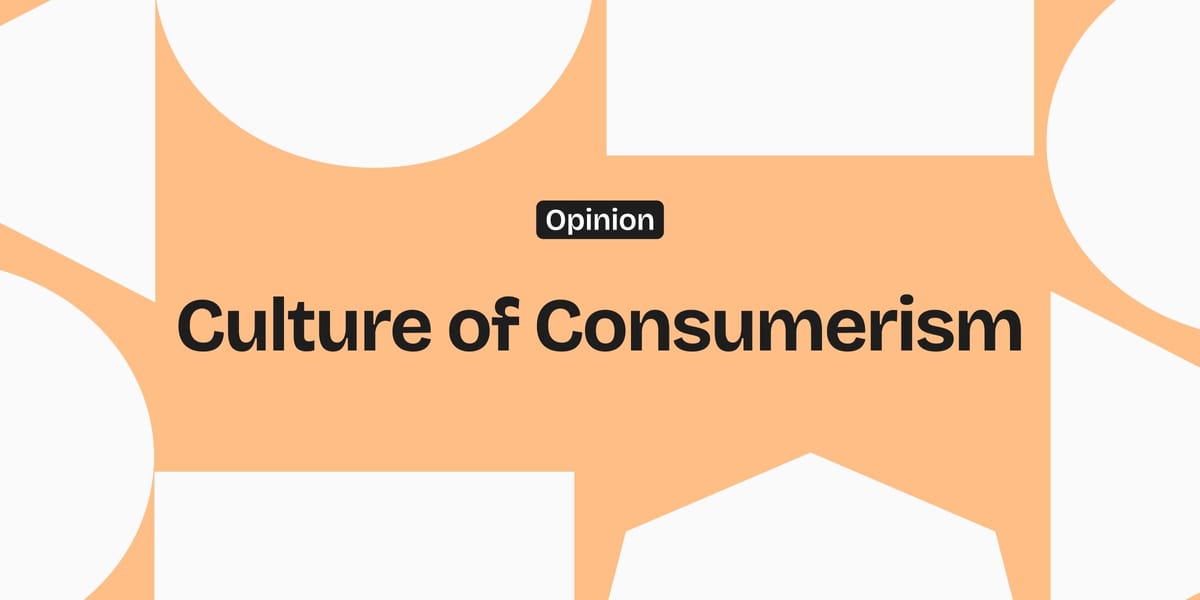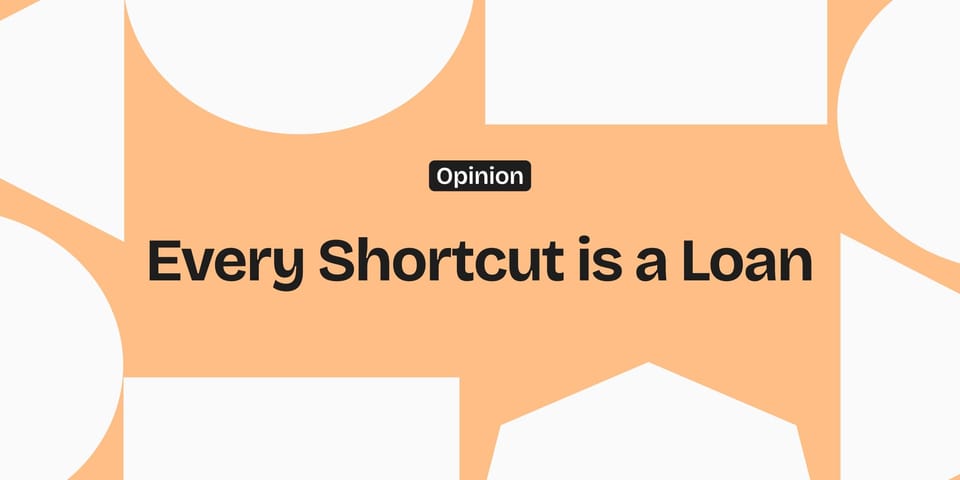The Illusion of Having It
Modern ambition is no longer about meaning - it's about optics. Good food, luxury travel, and branded things have replaced curiosity, craft, and contribution. We didn't plan this shift. But we're all living inside it.

When we were younger, ambition had a different shape.
Back then, if you asked kids what they wanted to be, the answers were simple: doctor, pilot, scientist, teacher.
We didn’t care about labels. Yeah, we liked nice cars and big houses, but no one was chasing branded T-shirts or limited-edition sneakers. Our dreams were about who we’d become, not what we’d wear.
That has really changed.
Look at the new generation and what they aspire to. It's striking how far it is from what previous generations once called ambition.
Open Instagram and you'll see it in full view:
- Reels to Bali or Europe.
- Designer hauls.
- Lifestyle creators in their early 20s optimizing for aesthetics.
We've shifted from building things to appearing like we've made it.
The Consumption Trap
The reason most people stay stuck chasing lifestyle isn't laziness. It's imbalance. They consume more than they create. Consumption isn't just spending money. It's scrolling, binge-watching, passive learning, dopamine loops.
And when most of your time is spent consuming, you're not growing. You're numbing.
Where your income = your EMI.
Where UPI offers postpaid.
Where Zomato offers loans.
Where credit cards are handed out like coupons.
This isn't just bad money habits. It's systemic.
A culture that rewards optics over outcomes. Spending over saving.
No one teaches the value of building wealth. Everyone's chasing the illusion of already having it.
What’s Driving This?
- Peer influence made lifestyle the baseline.
- Social media flooded us with filtered success.
- Family expectations turned stability into status.
- Television and pop culture rewired what we admire.
Ambition turned into aesthetics. Self-worth got linked to spending. And identity became a brand.
Who Chose Differently?
Not everyone fell for the performance game.
- Sridhar Vembu (Zoho) built a billion-dollar SaaS company from a village in Tamil Nadu.
- Narayana Murthy scaled Infosys through frugality and trust.
- Falguni Nayar built Nykaa not by looking rich, but by building relentlessly.
Their lives aren't minimalist. They're intentional. They didn't avoid wealth, they just didn't worship it. They focused on craft. And let wealth follow.
Final Thought
You don't have to reject good food, or travel, or expensive things.
But ask yourself:
Are you spending your life consuming someone else's work, or creating your own?
Because the people who break the cycle? They're not the ones who look like they've made it. They're the ones who ship, teach, build.
Start there.




